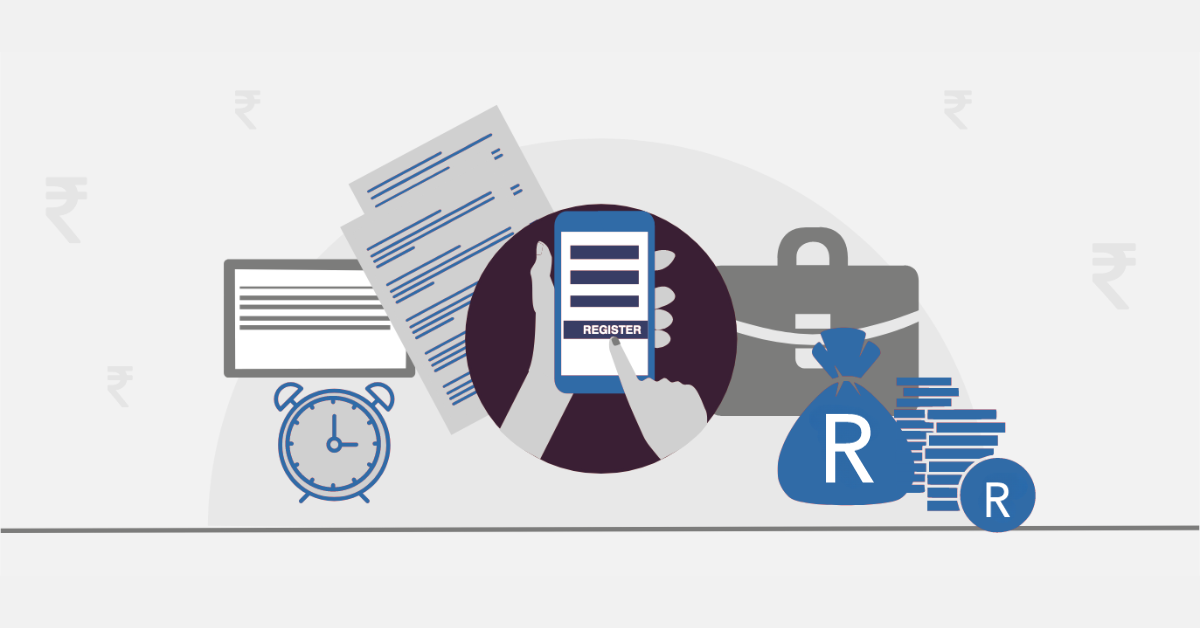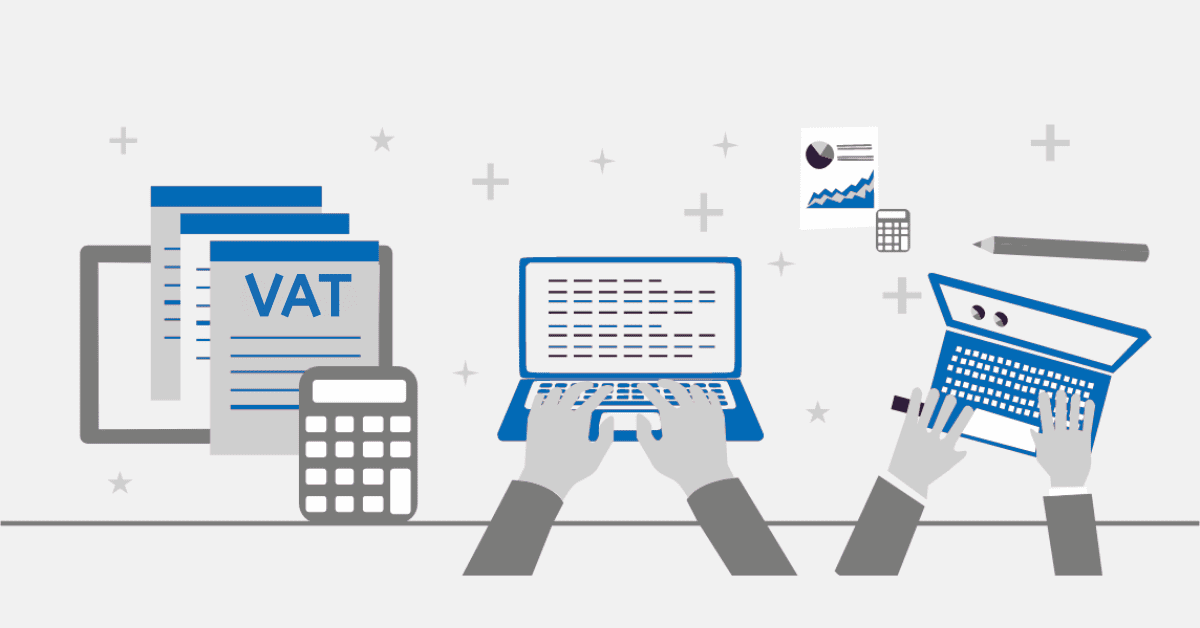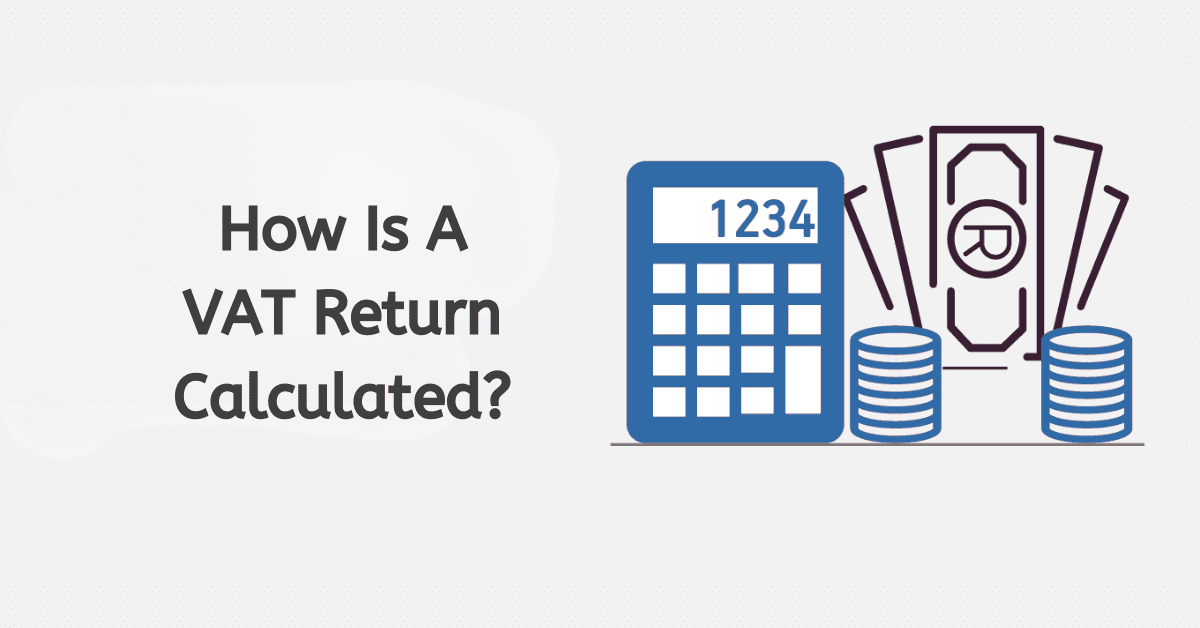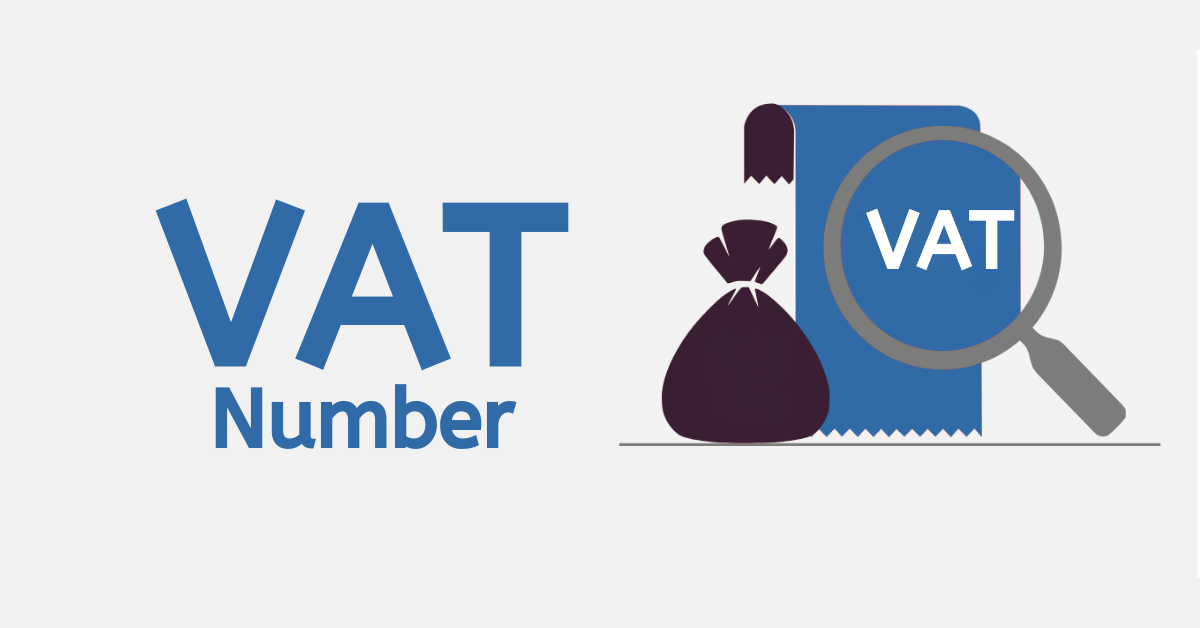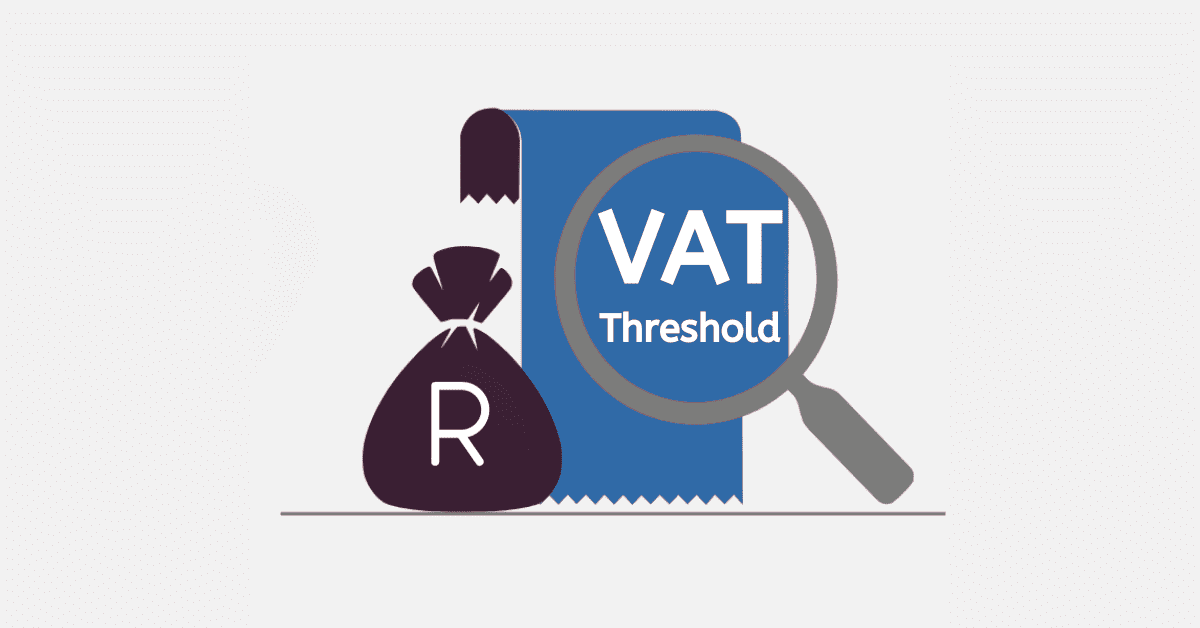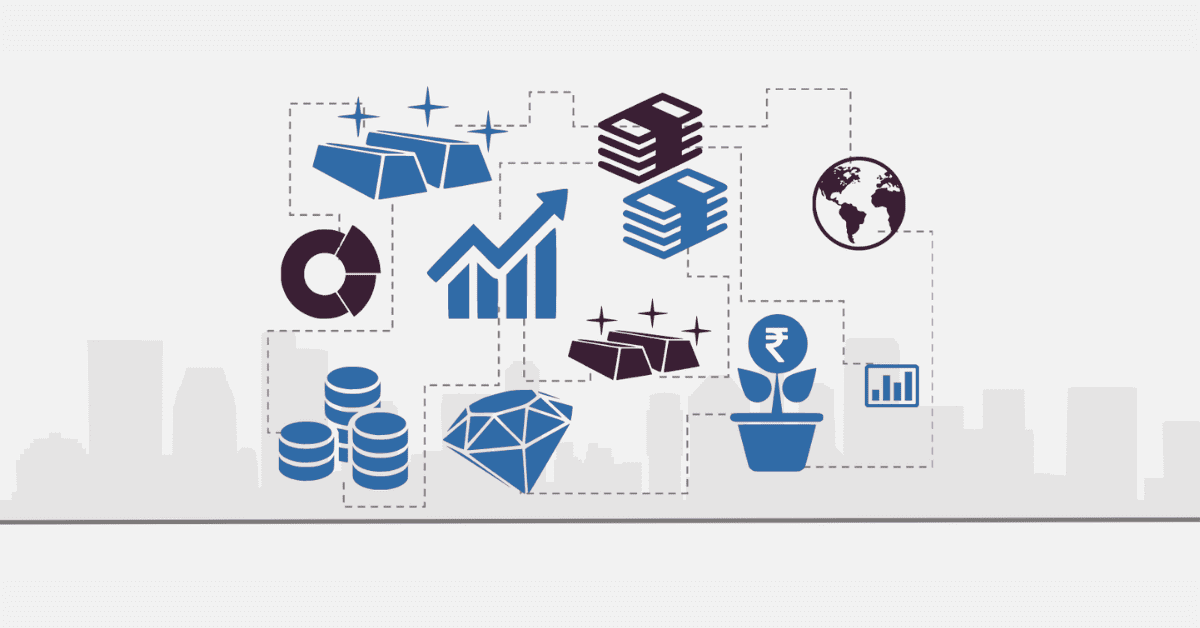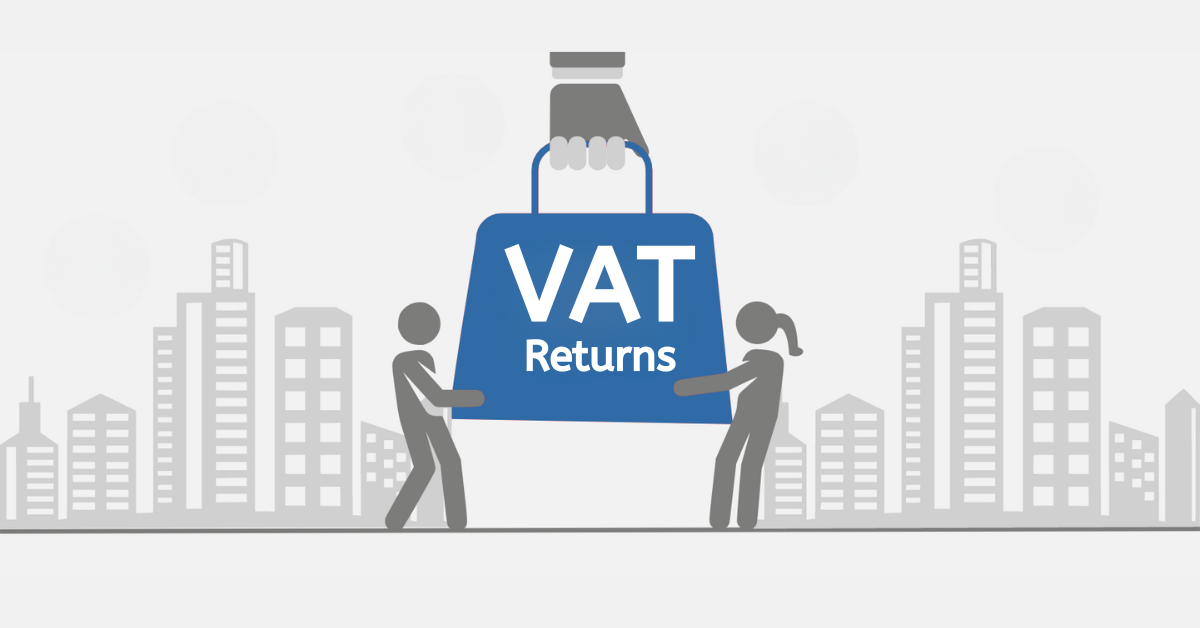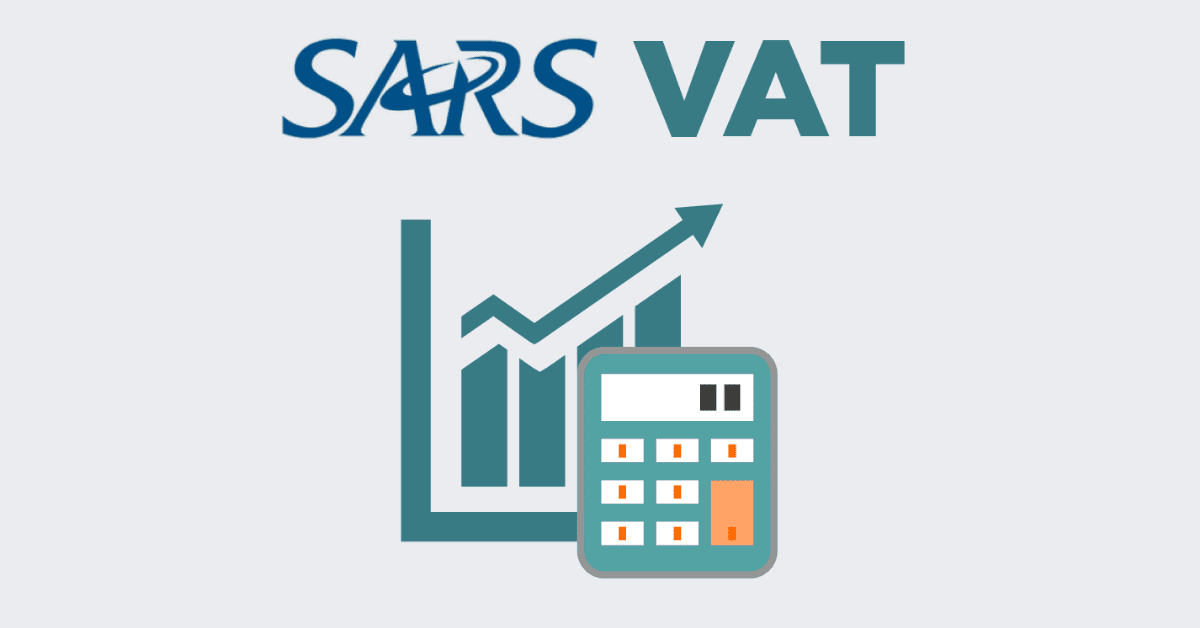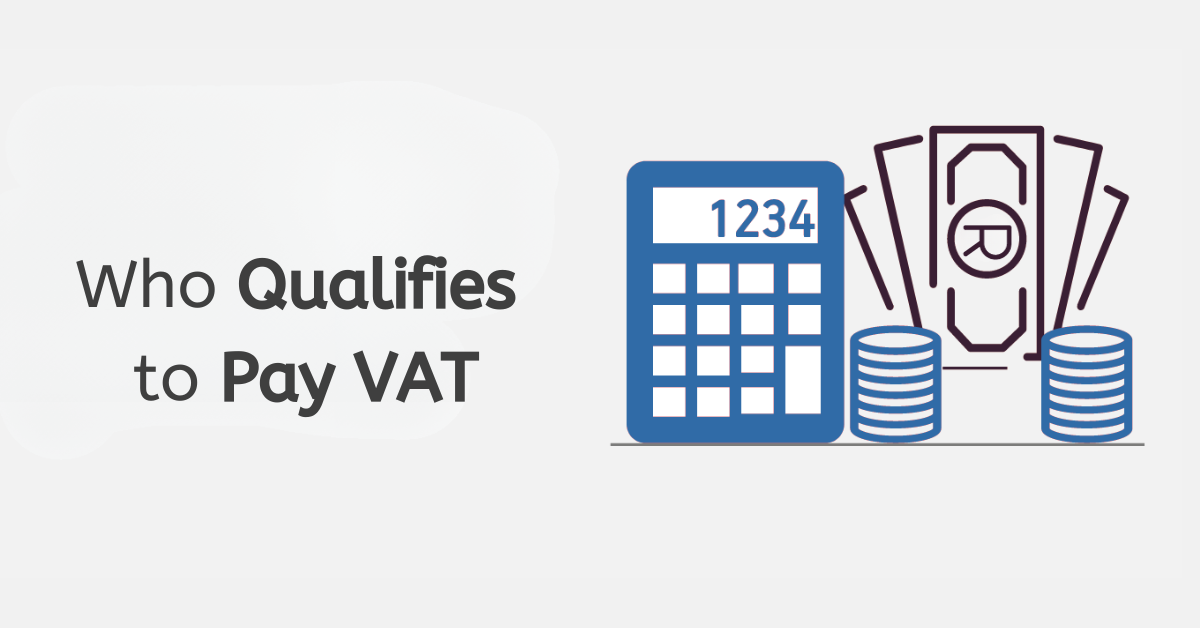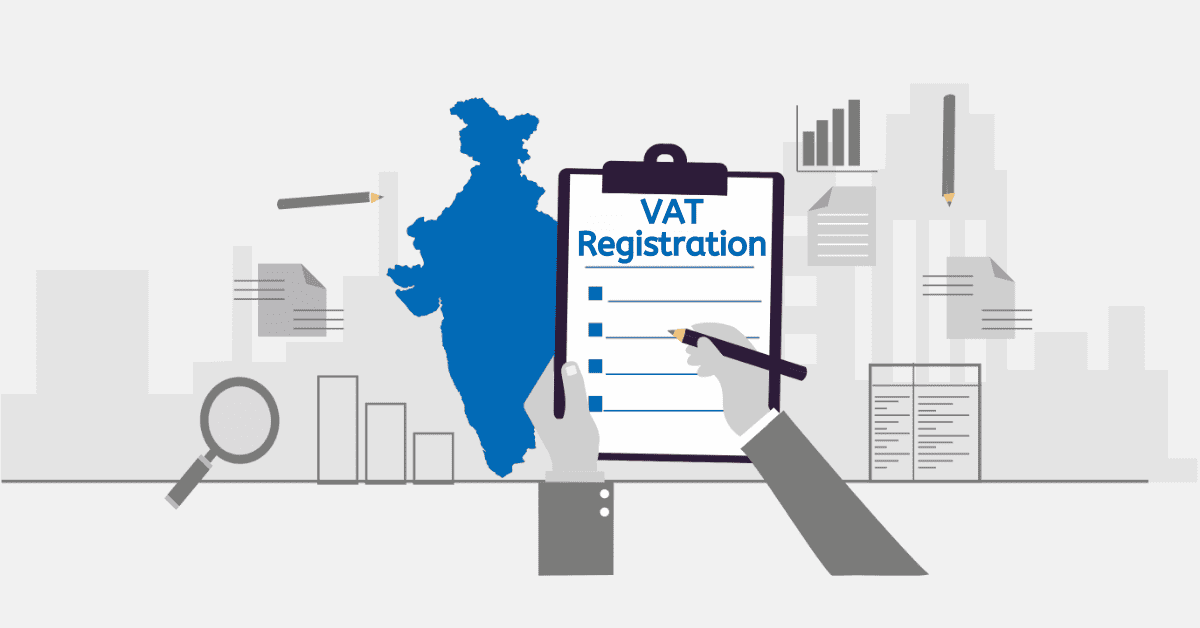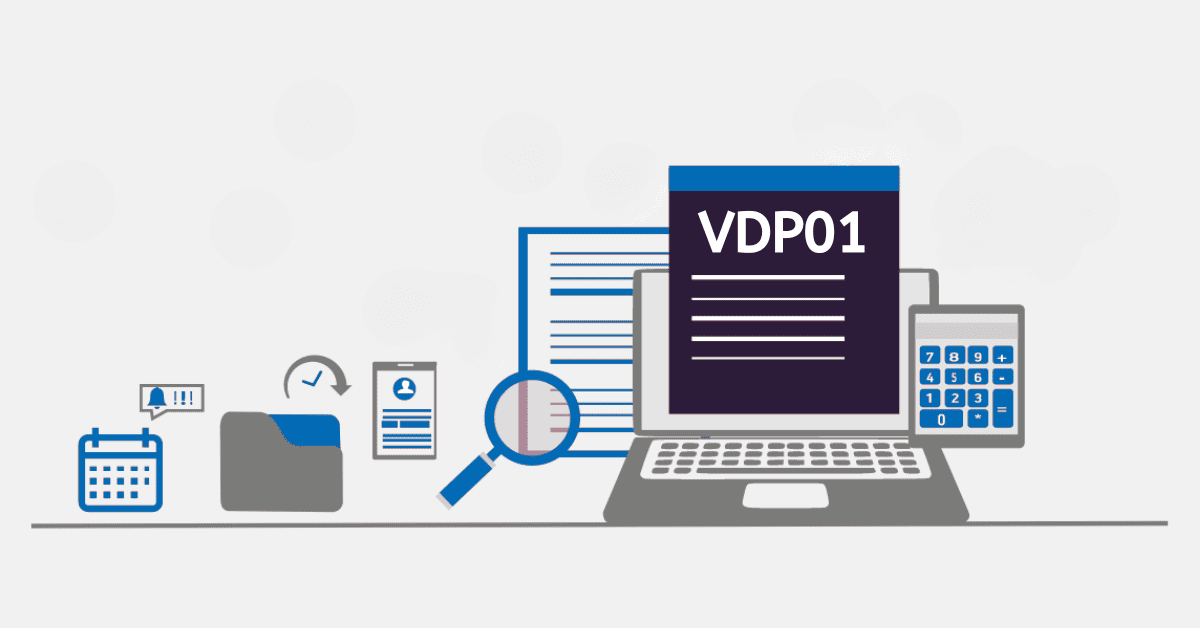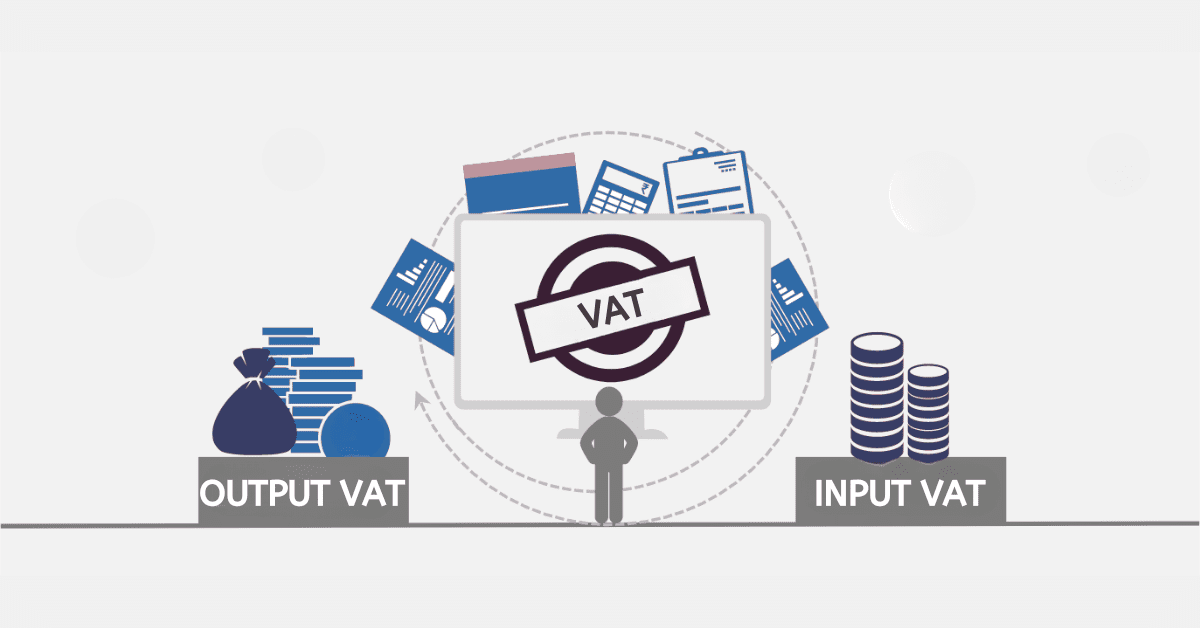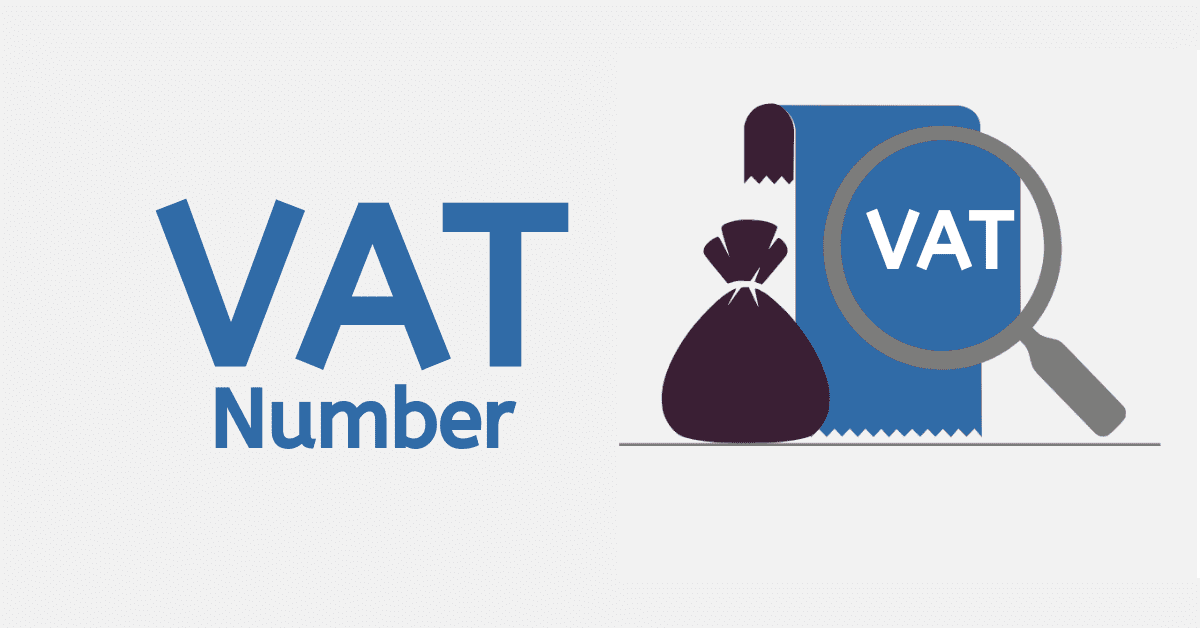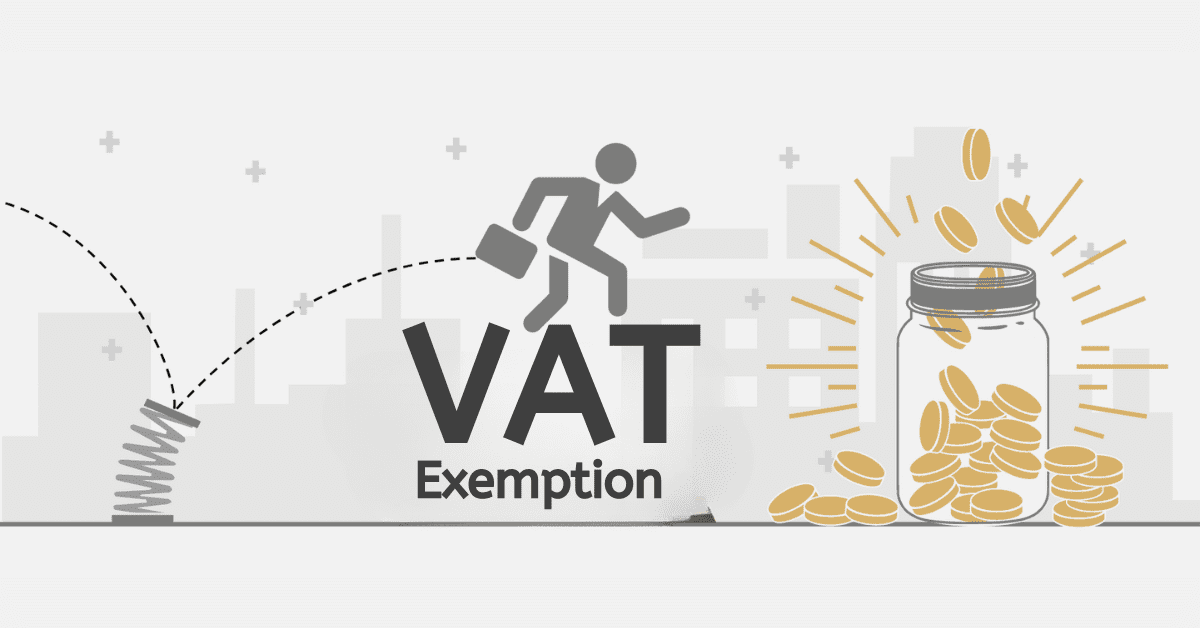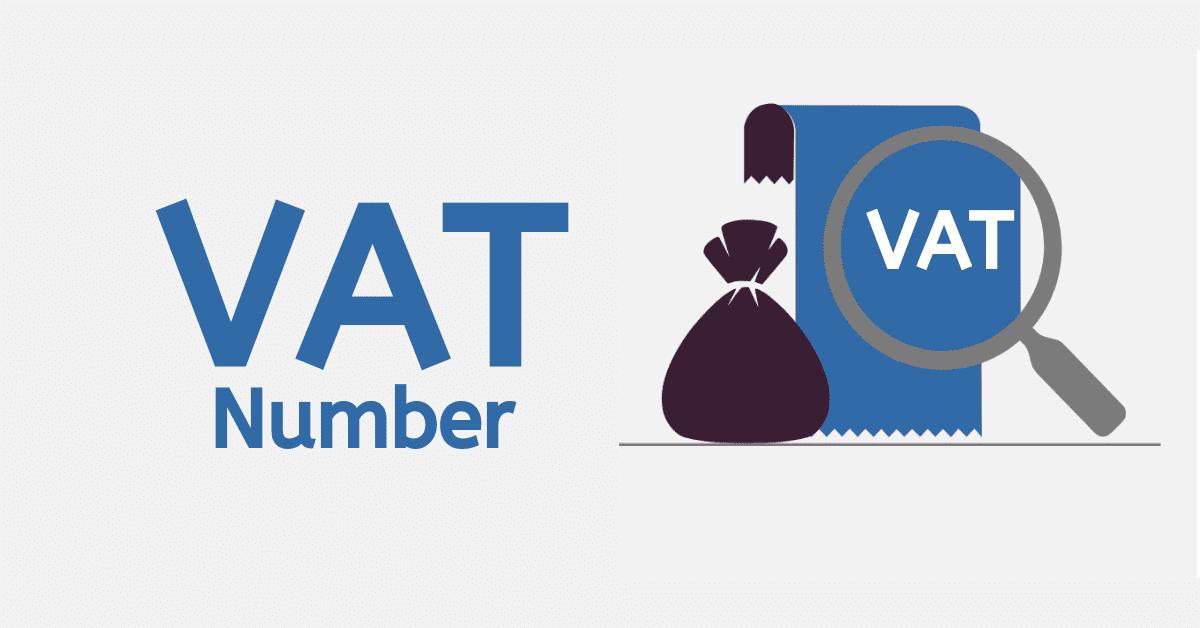As your business grows and your turnover increases, you may want to apply to be VAT registered with SARS to make your handling of VAT in your business smoother. This is also necessary for many businesses, even those that do not meet the mandatory VAT registration threshold if they want to be suppliers or vendors for businesses that are VAT-registered themselves.
How To Apply For A VAT Certificate
When you first apply to SARS to become a VAT-registered company, you will fill in a form via eFiling that is officially known as the VAT101 form. Once they accept your application and issue your VAT103 Certificate, otherwise known as the Notice of Registration for VAT, you can use this to prove to others that you are indeed VAT registered with SARS.
Luckily, as SARS has migrated to a digital system, you no longer have to separately request this certificate. Instead, you receive your Notice of Registration automatically once your application has been vetted and accepted. You should receive this alongside your new VAT number, which you will also use to prove your VAT-registered status as needed.
Once you have established that you can register for VAT, whether it is the compulsory VAT registration (at a turnover of one million Rand in a 12-month consecutive period) or the voluntary threshold (R50,000 turnover), head to your SARS eFiling profile to apply for VAT registration.
Here, you will complete the VAT101 form. Once the form is logged on the system, SARS will process it. While they may need to perform some checks on your documents and other matters, in some cases, the new VAT number and Notice of Registration will be issued near-instantaneously. Don’t worry if it takes a little longer, however. Once you are registered, SARS will ‘backdate’ your registration date to the relevant month.
What Documents Do I Need To Apply For VAT?
Some supporting documents will be required as part of the VAT application process. Typically, these are your business’ registration documents and the ID of your registered representative. They will also need proof of your business bank account (for refunds and payments) and business/postal addresses. This will be linked to your existing income tax number, which you can find on eFiling should you not have access to it. Remember, however, that you will receive a separate VAT number to use regarding all your VAT transactions.
You cannot register for VAT if you are not already tax-compliant across your other tax types. So make sure your tax affairs are up to date bef ore you apply. Some common ‘snags’ encountered are incomplete or missing forms related to staff matters (like PAYE and UIF or your annual IRP5 summaries) and unpaid or unfiled income tax.
What Is A VAT103 Certificate (South Africa)?
The VAT103 Certificate is another name for your notice of registration for VAT with SARS. Once you submit your application for registration (the VAT101 form) to SARS, whether through a SARS branch or online, you will then receive your VAT103 Certificate as communication from SARS confirming you have been registered. You can then print and use this certificate as proof of your registration for VAT. Be sure not to confuse this with the VAT101 you filled in to apply for VAT registration or the VAT201 reporting forms you submit every 2 months to SARS to track and declare your VAT liability.
Can I Get My SARS Tax Certificate Online?
The SARS eFiling system is very sophisticated and attempts to replace all transactions you would once have gone to a SARS branch to do. This includes basic requests, like issuing your VAT certificate or general Income Tax Compliance certificate, to prove to business partners, tenders, and other interested third parties that you are fully tax compliant.
If you are looking for your SARS VAT certificate or the VAT103 Notice of Registration, you can find it stored on the SARS system, ready for you to access. Simply head to your SARS communication tab, or request one from their help center. If you need to prove your overall tax compliance, the old Good Standing certificate system has been replaced by a near-real-time tax compliance status system. Once this is activated on SARS- something you only need to do once- you can request a PIN from them, which will give other third parties you need to prove your tax compliance to (limited) access to your current tax compliance status. Don’t worry- they won’t see actual details of your tax dealings with SARS, just your overall tax-compliant status.
Your VAT certificate, just as with other certificates issued by SARS, helps to prove you are a tax-compliant business in good standing with SARS. This can be very important in securing new deals and partnerships, so it pays to know how to access and request these items as you may need them. Luckily, it can all be done through SARS eFiling. Should you have any issues, however, you can always head to a SARS branch or call their helpline for further details relevant to your needs.
